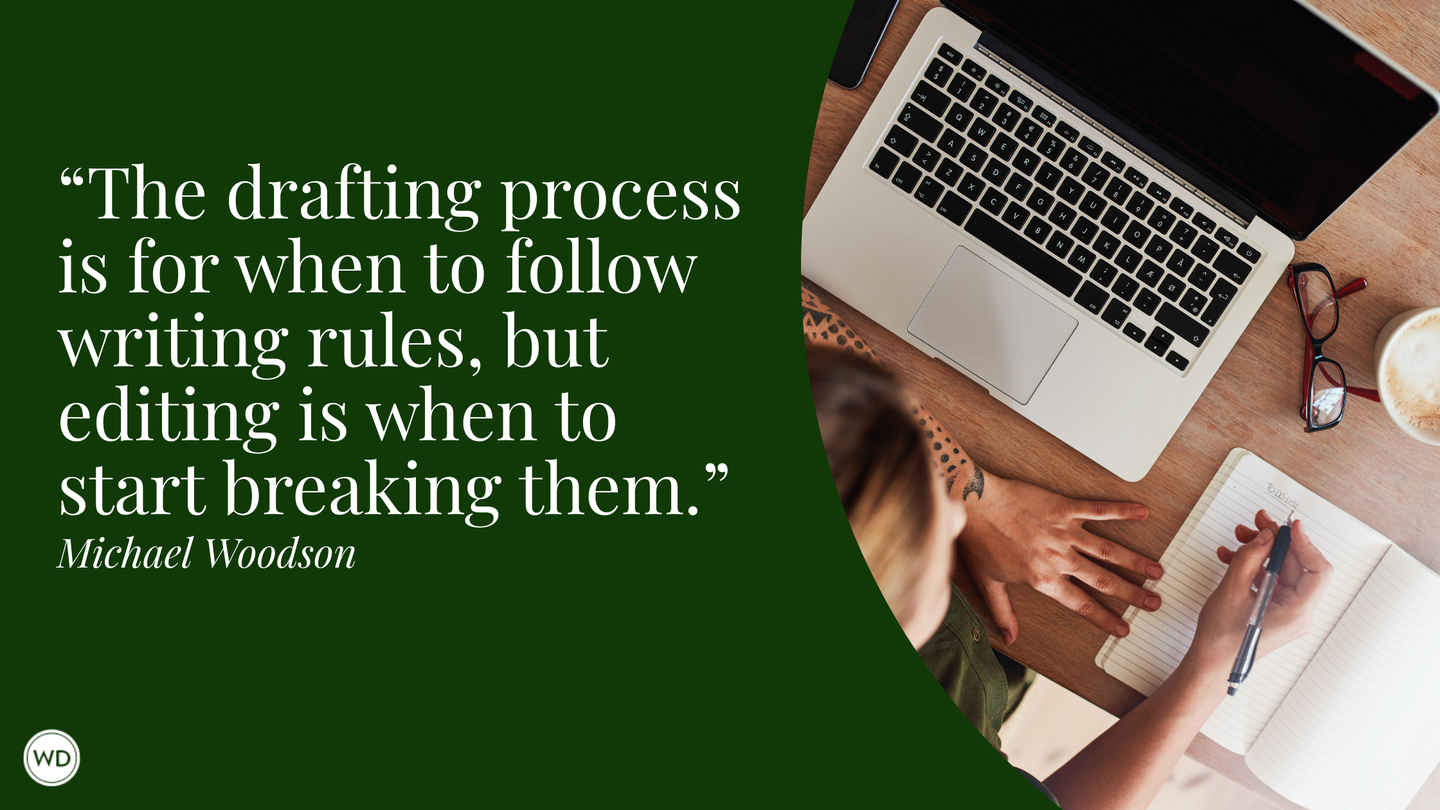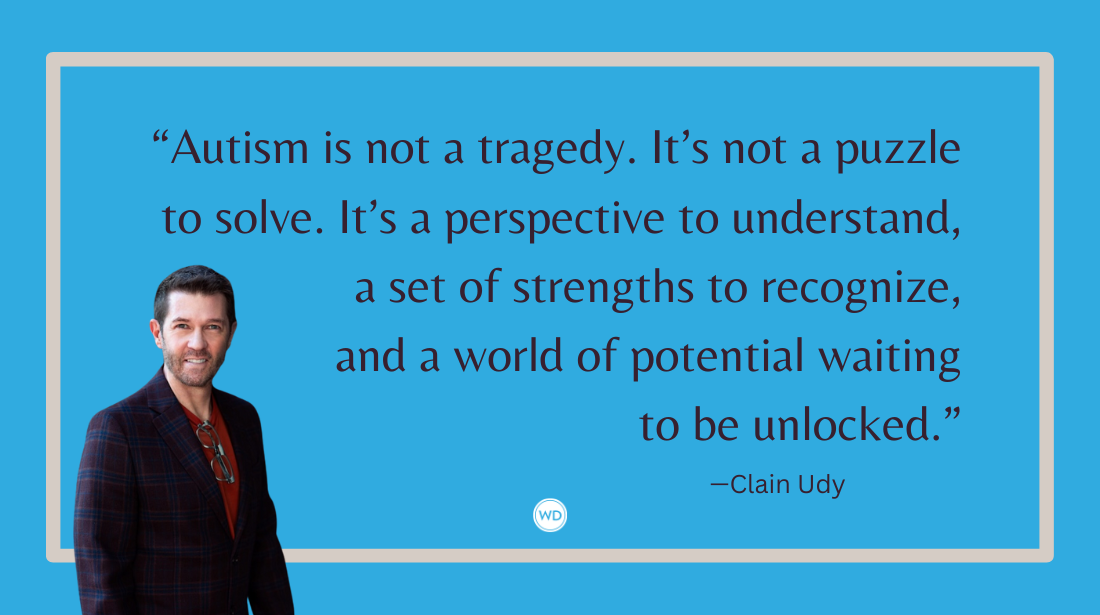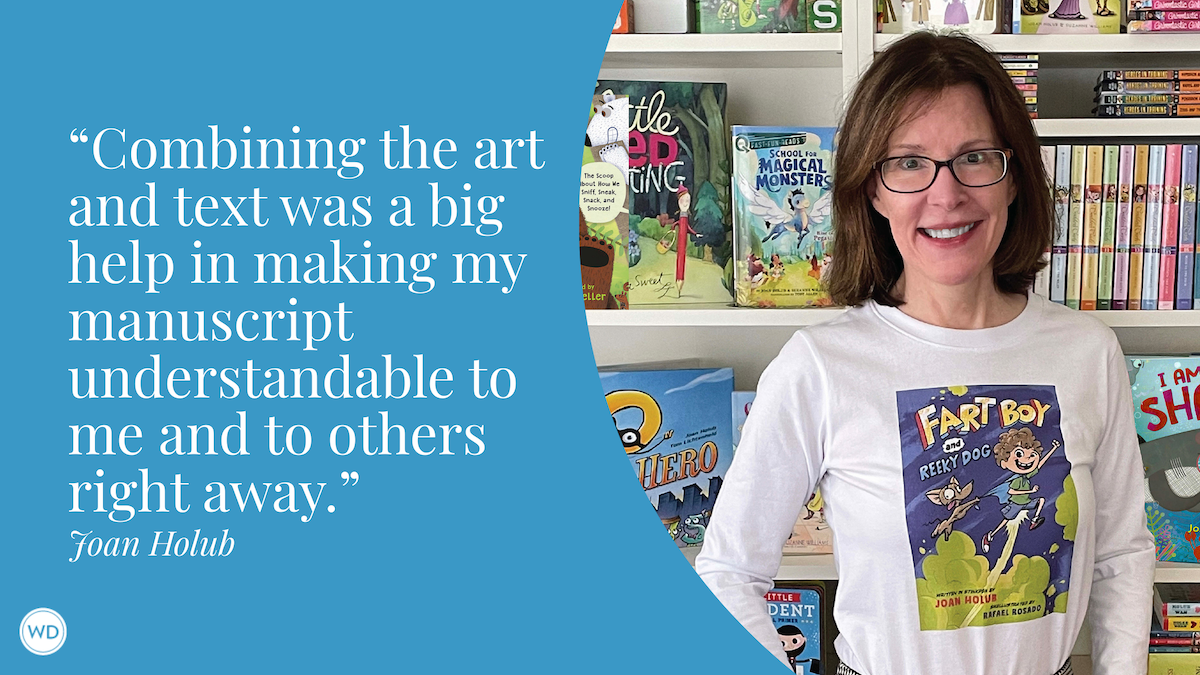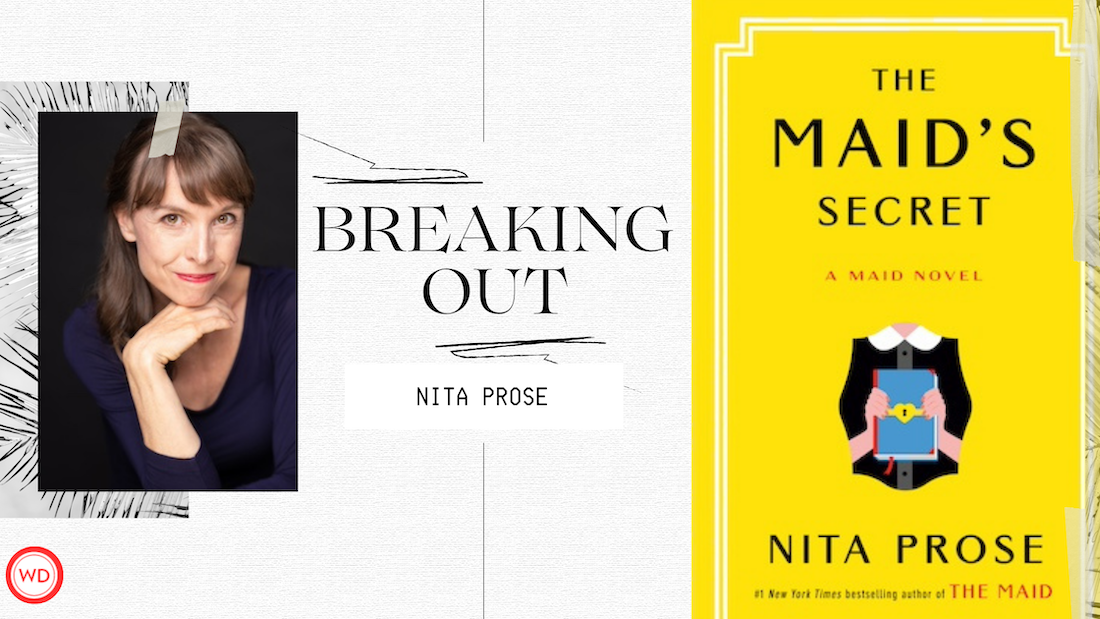Writing Mistakes Writers Make: Neglecting Research
The Writer’s Digest team has witnessed many writing mistakes over the years, so we started this series to help identify them for other writers (along with correction strategies). This week’s writing mistake is neglecting research.
Everyone makes mistakes—even writers—but that's okay because each mistake is a great learning opportunity. The Writer's Digest team has witnessed many mistakes over the years, so we started this series to help identify them early in the process. Note: The mistakes in this series aren't focused on grammar rules, though we offer help in that area as well.
Rather, we're looking at bigger picture mistakes and mishaps, including the error of using too much exposition, neglecting research, or researching too much. This week's writing mistake writers make is trying to write for everyone.
Writing Mistakes Writers Make: Neglecting Research
On a very basic level, being a writer means you write. Simple as that. Honestly.
But if you want to "find success" as a writer, whether that equates to getting published or becoming a bestselling author or creating social change, then being a writer often means being more than just writing. It means writing, sure, but also editing, revising, connecting, marketing, selling, and researching.
In fact, researching may be the second most important skill a writer develops after writing. It's the ability to research that helps a writer understand their topics better. In nonfiction, this increased knowledge can establish a writer as an authority on their subject. In fiction and poetry, research can lead to deeper and richer literature.
Research is also the tool writers turn to when they want to improve their abilities in other tasks that help them "find success," whether that means learning how to create a social media following, killer website, submit to agents, or negotiate better freelance rates. The mistake many writers make is to neglect their research.
Agents and editors are used to dealing with very talented writers every day. But sometimes even talented writers miss the mark when it's apparent that they didn't do even the most basic research. If you fall into this camp, here's how to start improving your research skills.
Mistake Fix: Research Your Topic
When it comes to research, I find the best place to start is by listing out what my goals are. This enables me to see what I need to learn to start achieving my goals.
Here are a few things for you to consider when figuring out your goals:
- What do you want to write? Break it down as much as you can: Fiction, nonfiction, poetry, screenplay, etc. If you're writing fiction, which fiction sub-genre do you want to write?
- What do you want to do with your writing? Do you want to write a book? Do you want to write for magazines? Websites? Or do you want to write for yourself?
- Are there any skills you want to develop? Do you want to learn how to make a website? Or how to create a book proposal? Write a query? Connect with other writers and publishing professionals? Improve photography skills?
Once you know your goals, you can start to figure out what you need to research. Here's an example: I want to write a YA fantasy novel that will eventually get published by a major book publisher. Knowing that, here are things I need to research:
- Successful contemporary YA fantasy novels. I need to find successful contemporary YA fantasy novels and read them. Even if mine is different, it's good to know what is currently working in my genre so that I can explain how mine fits with what's out there and how mine is unique. Writers write, sure, but they also read.
- Contemporary teen sites/magazines, movies, etc. If I'm going to write for a YA audience, I need to make sure I research my target readers. I can't go off the language that we used when I was a teenager, because I'll sound like my target audience's father.
- Publishers who publish and agents who represent YA fantasy novels. Once my book is ready to submit, I'll want to research which publishers publish YA fantasy novels (and if I need an agent). In many cases, I may find I need a literary agent to submit my writing, so I'll also need to research agents who represent YA fantasy novels. In both cases, I'll need to research and follow their submission guidelines.
- How YA fantasy authors promote their work. If I want to promote my YA fantasy novel, it would behoove me to know how to promote it by looking at how other authors in my category have found success. Of course, I can look at how other authors promote their books in a range of categories, but there may be some really obvious things YA fantasy authors do that I can replicate as well.
This is only the tip of the iceberg when it comes to research. Just remember that knowledge is power, whether you're finding out how to plot a novel better or write an incredible synopsis. So keep writing, but incorporate a healthy dose of research too.
*****
Whether you’re an authorpreneur, a freelancer, or a blogger, this very practical, hands-on course will guide you through the magical optimization process of how to show up on Google so that people can start finding you online. Start optimizing your content with the right keywords and keyphrases today and attract more of the right online readers, customers, and prospects.
Robert Lee Brewer is Senior Editor of Writer's Digest, which includes managing the content on WritersDigest.com and programming virtual conferences. He's the author of 40 Plot Twist Prompts for Writers: Writing Ideas for Bending Stories in New Directions, The Complete Guide of Poetic Forms: 100+ Poetic Form Definitions and Examples for Poets, Poem-a-Day: 365 Poetry Writing Prompts for a Year of Poeming, and more. Also, he's the editor of Writer's Market, Poet's Market, and Guide to Literary Agents. Follow him on Twitter @robertleebrewer.








